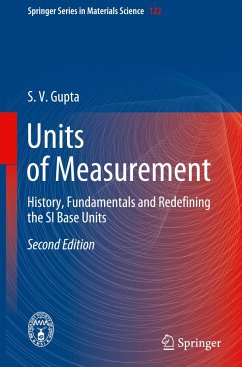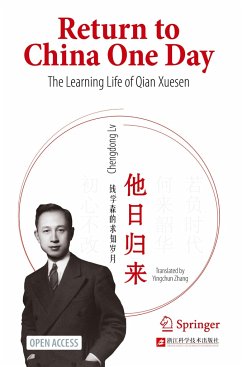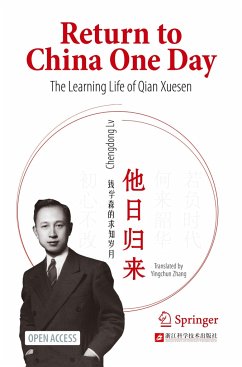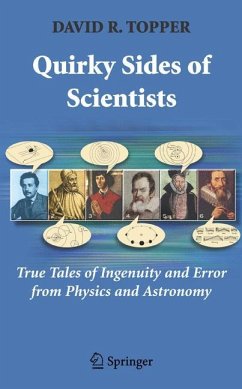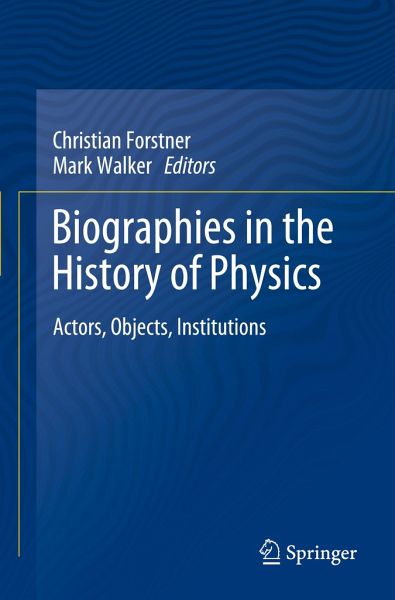
Biographies in the History of Physics
Actors, Objects, Institutions
Herausgegeben: Forstner, Christian; Walker, Mark
Versandkostenfrei!
Versandfertig in 6-10 Tagen
136,99 €
inkl. MwSt.

PAYBACK Punkte
68 °P sammeln!
This book sheds new light on the biographical approach in the history of physics by including the biographies of scientific objects, institutions, and concepts. What is a biography? Can biographies also be written for non-human subjects like scientific instruments, institutions or concepts? The respective chapters of this book discuss these controversial questions using examples from the history of physics. By approaching biography as metaphor, it transcends the boundaries between various perspectives on the history of physics, and enriches our grasp of the past.






